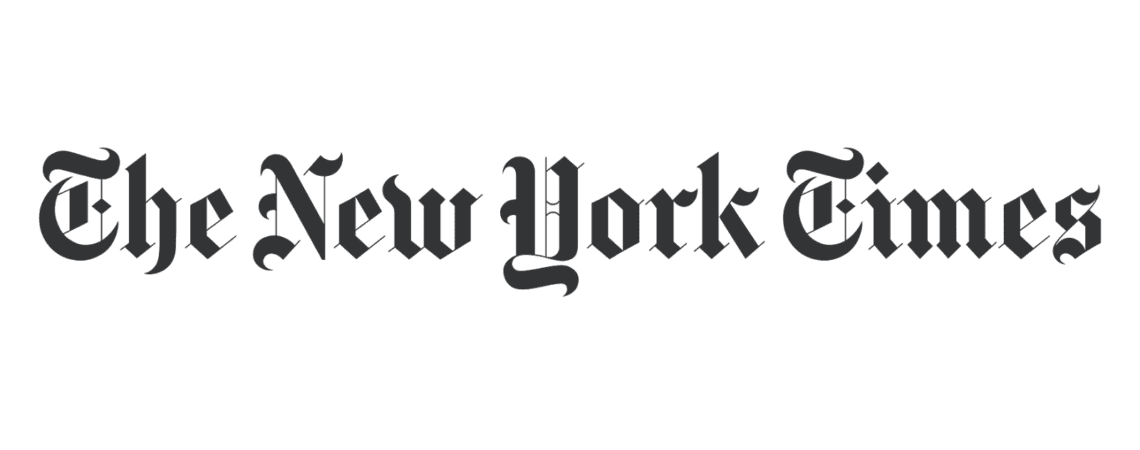WASHINGTON — The Trump administration has begun inserting legal protections into recent trade agreements that shield online platforms like Facebook, Twitter and YouTube from lawsuits, a move that could help lock in America’s tech-friendly regulations around the world even as they are being newly questioned at home.
The protections, which stem from a 1990s law, have already been tucked into the administration’s two biggest trade deals — the United States-Mexico-Canada Agreement and a pact with Japan that President Trump signed on Monday. American negotiators have proposed including the language in other prospective deals, including with the European Union, Britain and members of the World Trade Organization.
The administration’s push is the latest salvo in a global fight over who sets the rules for the internet. While the rules for trading goods have largely been written — often by the United States — the world has far fewer standards for digital products. Countries are rushing into this vacuum, and in most cases writing regulations that are far more restrictive than the tech industry would prefer.
Europe has enacted tough policies to curb the behavior of companies like Facebook and Google and passed laws to deal with privacy, hate speech and disinformation. China has largely cordoned itself off from the rest of the internet, allowing Beijing to censor political content and bolster Chinese tech companies like Alibaba and Tencent. In India, Indonesia, Russia and Vietnam, governments are introducing regulations to ostensibly protect their citizens’ privacy and build domestic internet industries that critics say will stymie the ability of American companies to provide services in those countries.
The United States wants its more permissive rules to form the basis for worldwide regulation. But there is a rising debate about whether its regime of internet regulations has failed to protect consumer privacy, encouraged the spread of disinformation and supported a powerful forum for harassment and bullying.
The American rules, codified in Section 230 of the Communications Decency Act, shield online platforms from many lawsuits related to user content and protect them from legal challenges stemming from how they moderate content. Those rules are largely credited with fueling Silicon Valley’s rapid growth. The language in the trade deals echoes those provisions but contains some differences.
[Read more about Section 230 and why it is so consequential.]
That freedom has come under intense criticism from lawmakers and advocates. They say the 23-year-old law has allowed companies like Facebook and Google to avoid responsibility for harm associated with content that reaches billions of users. That anger has been compounded by revelations about the role of Silicon Valley’s business practices in the spread of disinformation and treatment of user data.
The leaders of the House Energy and Commerce Committee said in August that it was “inappropriate for the United States to export language mirroring Section 230 while such serious policy discussions are ongoing.” The committee’s Democratic chairman, Representative Frank Pallone Jr. of New Jersey, and its ranking Republican, Representative Greg Walden of Oregon, warned Mr. Trump’s top trade adviser, Robert Lighthizer, that it would be a mistake to include the protections “in any trade deal going forward.”
On Monday, they called on Mr. Lighthizer to testify before the committee on the issue.
Enmity toward Section 230 is bipartisan. Conservatives have raised concerns in light of claims, largely made without evidence, that major online platforms like Facebook are biased against their positions. Senator Josh Hawley, a Republican from Missouri, has said the liability shield should cover large platforms only if they are certified as politically neutral. The White House is also said to be drafting an executive order that would narrow the law’s protections.

